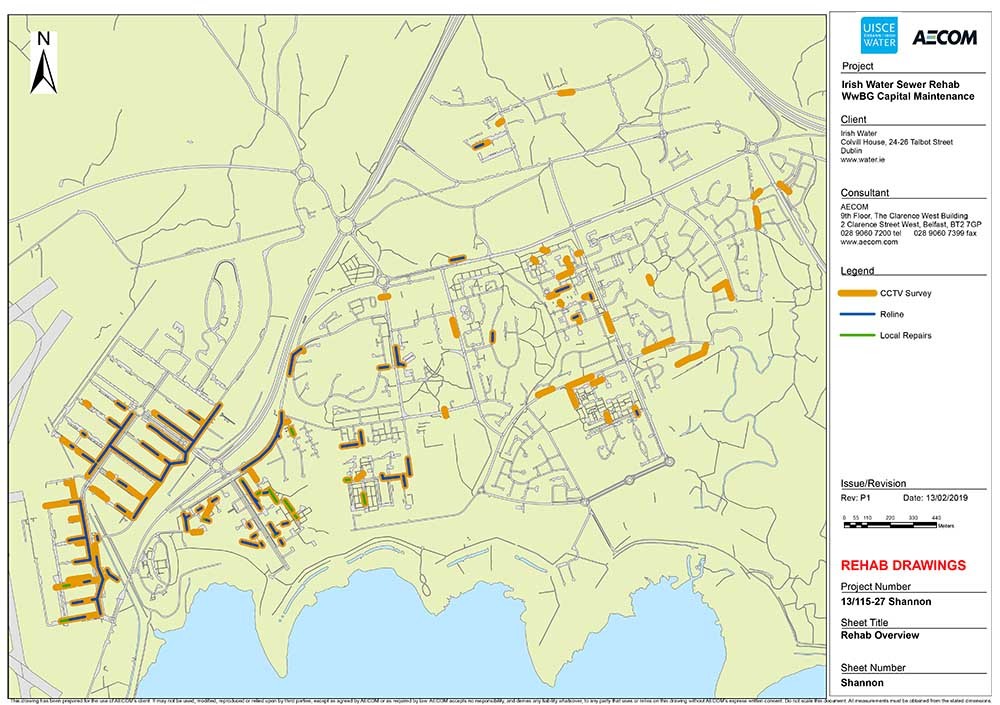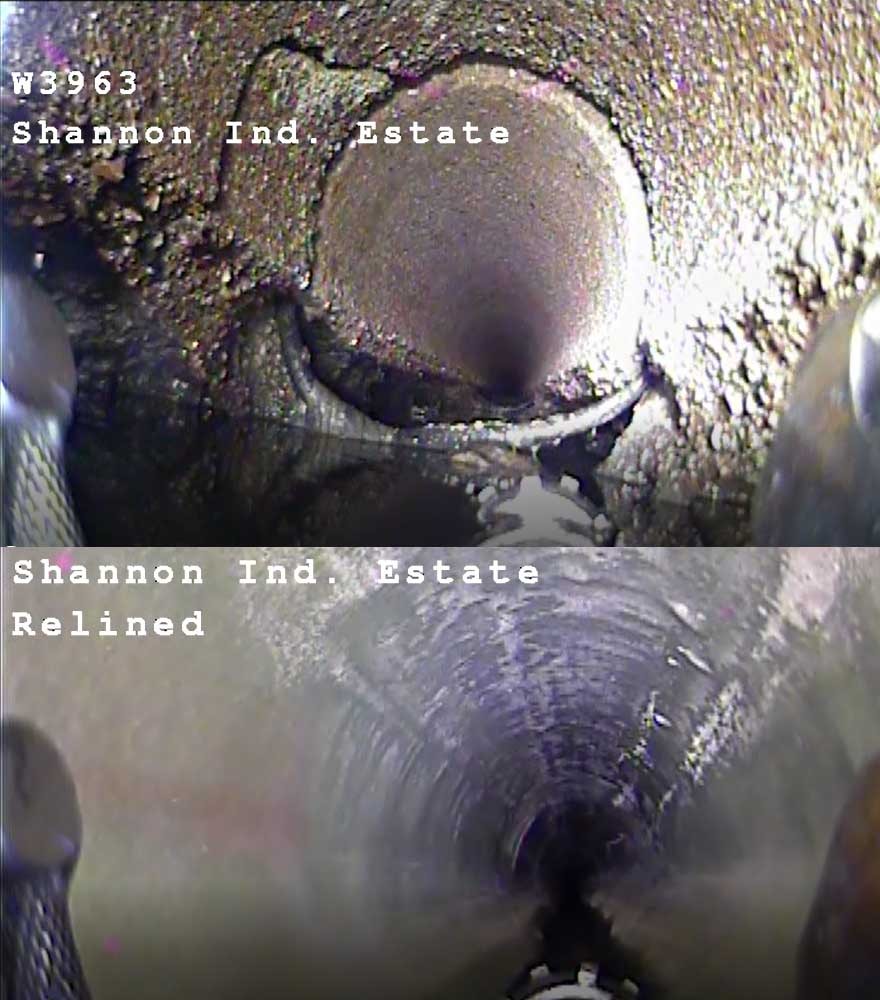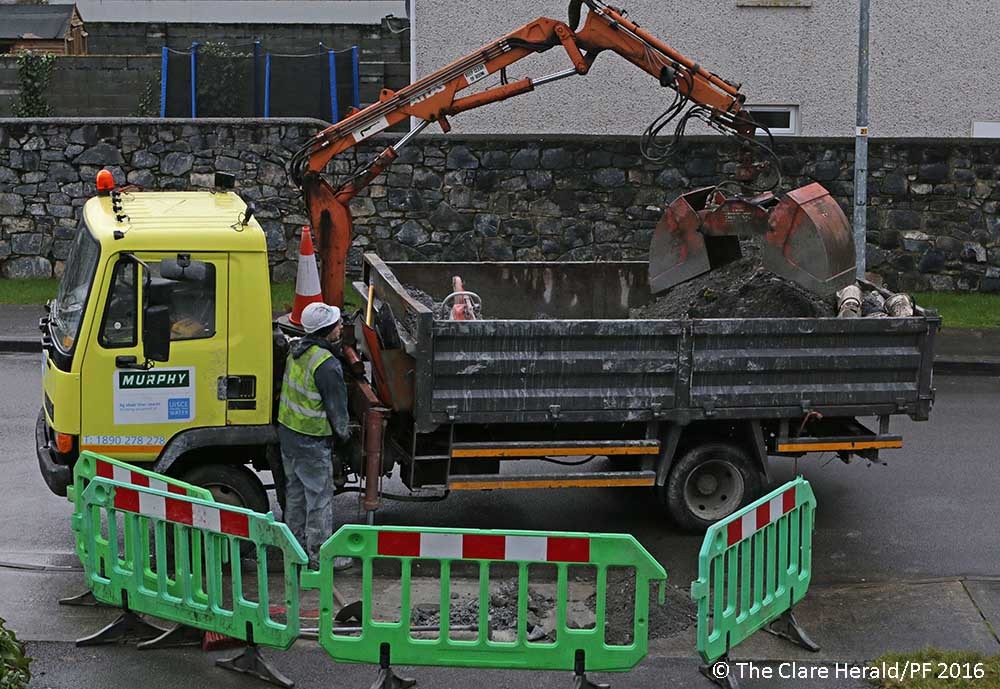
Irish Water, in partnership with Clare County Council, is carrying out upgrade works on the sewer network in Shannon.
This is essential to support the ongoing growth and development of the town and tackle issues associated with the age and poor condition of much of the existing sewer network.
Once completed the works will address the structural defects in the wastewater networks which will significantly reduce the likelihood of sewer collapses and blockages and reduce potential sewer flooding and odour issues.
The works are being carried out using non-dig technology to reduce impact to residents and business owners and to minimise traffic disruption in the town.
As part of the project Irish Water is:
Cleaning the sewer network in order to undertake an accurate inspection and remove any blockages by inappropriate items (e.g. wet wipes, cotton pads, fats, oils and greases etc.).
Undertaking CCTV surveys of the sewer network to determine their condition and the extent of any defects. To date, approximately 8.5 km of the sewer network has been cleaned and surveyed.
Relining any defective or damaged sewers. It is currently estimated that approximately 7km of sewers will be rehabilitated.

Commenting on the project, Eunan Canavan of Irish Water said, “This project represents an investment of €2.1 million in Shannon town. A sewer network that is fit for purpose is essential in order to support business and social development and these works will facilitate ongoing growth. Once the works are completed the performance level of the sewer network in the town will be significantly improved.”
Irish Water, as part of its sponsorship of the Clean Coasts ‘Think Before You Flush’ campaign, works to raise awareness amongst the general public about the problems caused in the marine environment and in our wastewater systems, by flushing problem sanitary products and other items down the toilet.
In 2018, Irish Water cleared over 6,000 blockages in the public sewer network, as a result of wipes and other inappropriate items being flushed down the toilet and fats and greases being poured down sinks. The majority of these blockages were avoidable.
To find out more on log onto Irish Water.
